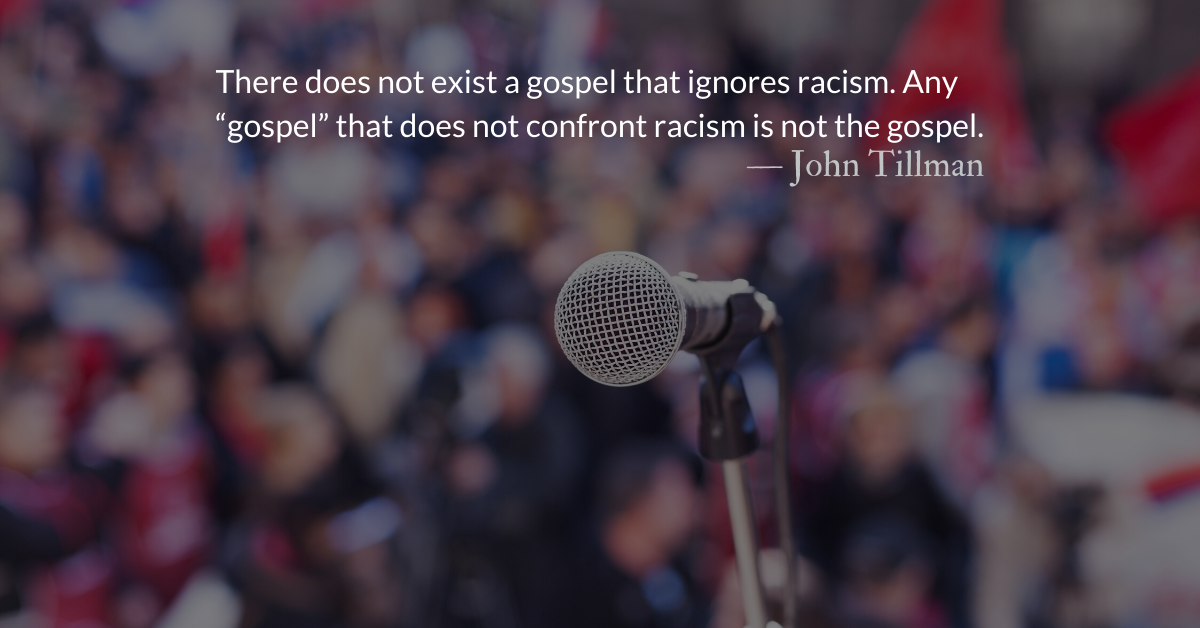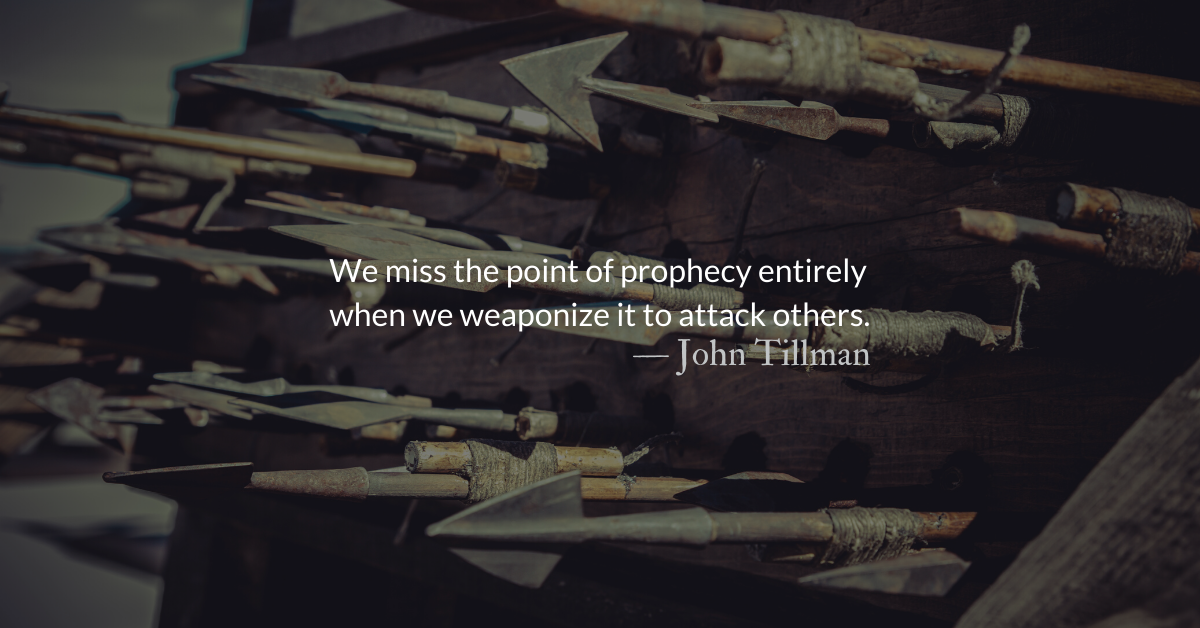Scripture Focus: Revelation 3.1-3
1 I know your deeds; you have a reputation of being alive, but you are dead. 2 Wake up! Strengthen what remains and is about to die, for I have found your deeds unfinished in the sight of my God. 3 Remember, therefore, what you have received and heard; hold it fast, and repent.
Isaiah 33.14-15
14 Who of us can dwell with the consuming fire?
Who of us can dwell with everlasting burning?”
15 Those who walk righteously
and speak what is right…
Reflection: Peter’s Unfinished Work
By John Tillman
We have both grieved and celebrated over this past weekend.
Pentecost Sunday closes the season of Easter. As one season ends, Pentecost marks the beginning of a new one. Pentecost is the end of Jesus powerfully leading his disciples and the beginning of Jesus empowering his church to lead. Pentecost is the end of the season of training and the beginning of the season of work.
As evidenced by both the murder of George Floyd and some of the broken and tragic responses to it, the church has much work left to do. Surely Christ’s words to the church at Sardis apply to us today, “I have found your deeds unfinished in the sight of my God.”
We have written consistently (because God’s Word speaks of it consistently) about the centrality to the gospel of destroying racism. There does not exist a gospel that ignores racism. Any “gospel” that does not confront racism is not the gospel. Pentecost testifies strongly to this as the Holy Spirit moved Peter to preach that what people were witnessing was the promised outpouring of God’s Spirit on “all flesh.” (Acts 2.17; Joel 2.28)
Peter went on to struggle throughout his ministry to overcome the racism that he was raised in. May we take up Peter’s unfinished work. Overcoming racism cannot be done by one sermon, one vision, one visit, one protest, or one condemnation. Opposing both individual and systemic racism is a lifetime of work that the Church cannot give up on.
Ending racism was a Christian idea from the beginning and we are possessed of the only ideology that can do it—the gospel. When pastors and ministers address racial issues, they are not abandoning the gospel, they are speaking from its heart.
Pray this prayer this week, based on parts of Isaiah 33, asking that we may be the kind of people who work the justice of the Kingdom of God into our lives and communities.
Prayer for Justice
We long to dwell with you, Lord, our consuming fire.
Burn away our sinfulness and selfishness without which racism cannot stand.
Help us to be those who walk righteously
and speak what is right.
Help us to reject gain from extortion and oppression
Let us not passively participate in murder.
Let us not shut our eyes to deny evil, but shut our hearts to joining in it.
Let us be instruments of your peace.
*We forgo the Divine Hours prayers today replacing them with the above and focusing our prayers on ones for justice and peace, which must come before reconciliation and revival which we also pray for..
Today’s Readings
Isaiah 33 (Listen – 3:45)
Revelation 3 (Listen – 3:53)
Read more about Putting To Death Racial Hostility
Our culture’s concept of human equality is based not in science, but in Christ. The wellspring of the concept of racial equality is the cross of Christ.
Read more about Slavery, Racism, and a Lone Christian Voice
Fifteen hundred years later, we are still fighting the anti-slavery, and anti-racism, and anti-oppression battles. We may be victorious yet, but it will take all of us to engage the battle.











